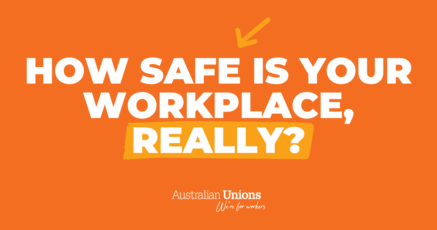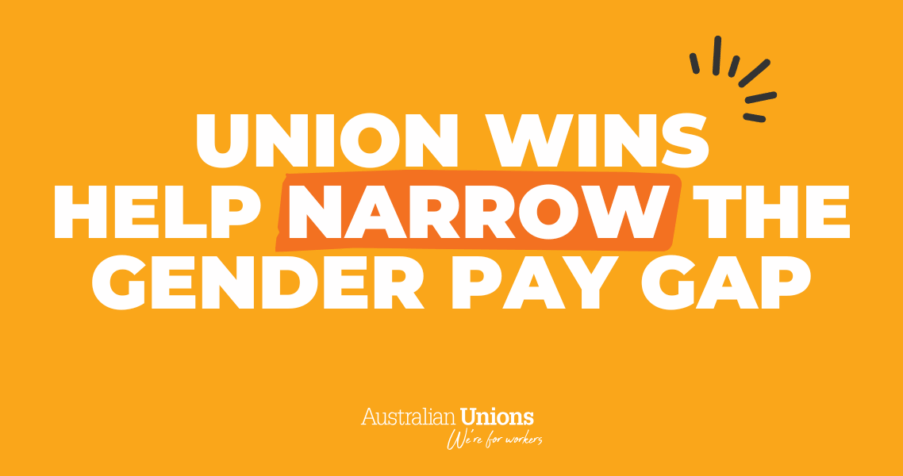Are you a casual worker who wants more job security? You’re not alone.
New ACTU analysis of ABS data confirms less than 5% of casual workers who want permanent jobs can secure one.
There are 2.73 million casual workers in Australia – the highest number ever – and 70% of casual workers have been with their employer for more than 12 months. Of these long-term casuals, 29% – or 554,000 workers – want to change to permanent work.
And it makes sense: casual workers often don’t earn as much as their permanently employed counterparts. The work is less secure, and workers miss out on fundamental benefits such as paid leave.
Casual in name only
Casual work has its place, but the numbers speak to the reality of a broken system tilted against the interests of workers, which put the power almost solely in the hands of employers.
For too many workers, the result is spending years or even decades as a casual – even though they’re doing regular hours and should be a permanent employee. In that time, these workers are missing out on important entitlements like paid leave and job security.
Part two of the Closing Loopholes Bill, set to be debated when Parliament resumes next month, aims to re-balancing the relationship between casual workers and employers, with the introduction of a commonsense definition of casual employment and a fairer pathway for eligible employees to request to convert to permanent employment.
Too many casuals are casuals in name only. The majority of casuals work regular hours… and have been in their job for more than a year. The Morrison Coalition Government made this erosion of job security completely lawful. If we are to tackle this cost-of-living crisis, Australian workers need reliable jobs so they can have reliable incomes.
Sally McManus
ACTU Secretary

Giving power back to workers
Under the new laws, casual workers can request to be made permanent after working for their employer for 6 months (or 12 months in the case of small business).
Despite what big business has concocted, these changes will not force casuals to convert to permanent: nothing will change for casual workers who want to stay casual.
The changes would make a meaningful difference in the lives of casual workers bearing the brunt of this cost-of-living crisis. Workers who, on average, earn $11.90 less per hour than their permanently-employed counterparts – the highest this pay gap has ever been in both dollar and percentage terms.
Closing these loopholes will mean more security, more choice and better rights at work.







SHARE:
Casualties of a broken system